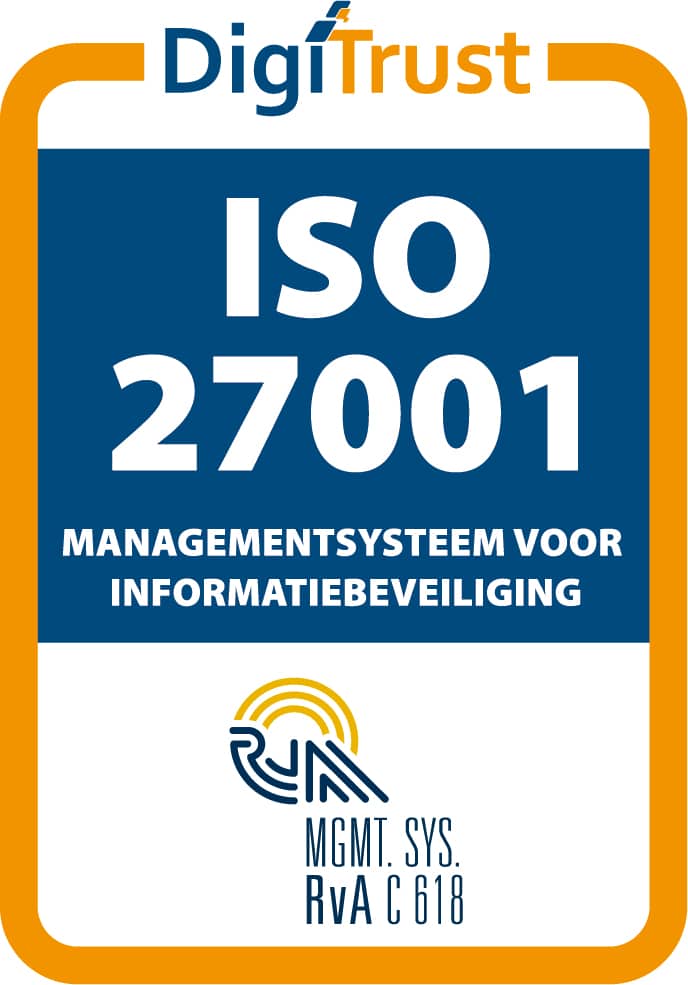Qualified electronic signature
As powerful as the handwritten or wet signature
Dutch law has 3 types of electronic or digital signatures and the qualified electronic signature is the most reliable of the three. Therefore, the qualified electronic signature is equivalent to the handwritten or wet signature and has the same legal value.
The qualified electronic signature, also referred to as the qualified digital signature, is required for documents with significant legal effect, such as notarized deeds, published financial statements, mortgage deeds, insurance policies and employment contracts. Regarding the latter, since July 1, 2016, it has been required by law for employers to provide employment contracts that are digitally signed with a qualified electronic signature.
PKI certificate and authentication
The qualified electronic signature uses a qualified person-based or organization-based PKI certificate to authenticate the signer. This certificate guarantees to the highest degree the identity of the signer.
PKI stands for Public Key Infrastructure and is a system through which issuances and management of digital certificates are achieved.
Legislation and eIDAS
Dutch legislation on electronic signatures has been laid down since May 21, 2003 in, among other things, Article 3:15a of the Civil Code. This law still follows from the European Directive 1999/93/EC. Incidentally, Dutch legislation refers to electronic signatures and not specifically to digital signatures. This has to do with some older forms of electronic signing that are now hardly used, if at all.
Since July 23, 2014, there is eIDAS (Electronic identification and trust services, European Regulation (EU) No. 910/2014). This regulation is stricter than the old European Directive 1999/93/EC. The Dutch law was amended on the basis of this regulation on July 1, 2016. eIDAS ensures that the same legislation regarding electronic signatures applies in all EU countries. Each EU member is obliged to adjust its own legislation accordingly, leaving some room for its own additional requirements.
De gekwalificeerde elektronische handtekening voldoet volledig aan art 3:15a, lid 2a t/m f van het burgerlijk wetboek in Nederland.
Qualified or advanced?
The main difference between the qualified electronic signature and the advanced electronic signature is that the latter does not require a qualified person-specific or organization-specific certificate from certain signers. To establish an advanced digital signature, one can use a signing service provider, which has properly set up its signing process. An ordinary electronic signature rarely uses a certificate. Without a certificate, the signature is not legally valid. If a certificate is used, there is still a very low level of reliability, which means that it can only be used on documents with a very low legal effect (for example, an online survey). For signing documents with a legal effect, the ordinary electronic signature is therefore not recommended.
Does your organisation also want to be able to sign electronically?
And would you like to know what the possibilities are and what the impact is of qualified electronic signing for your organisation?
Please contact us for an appointment without any obligations.
